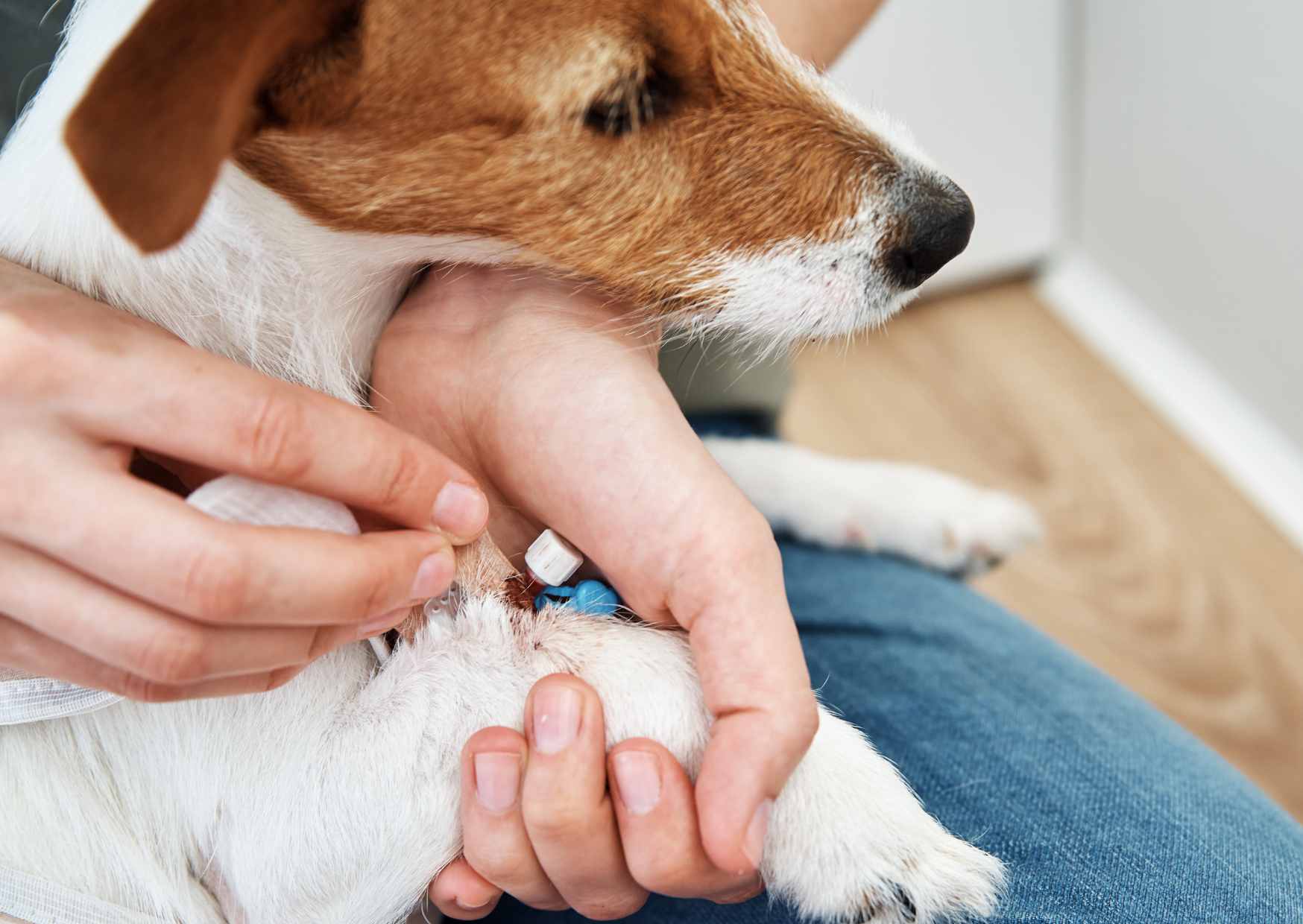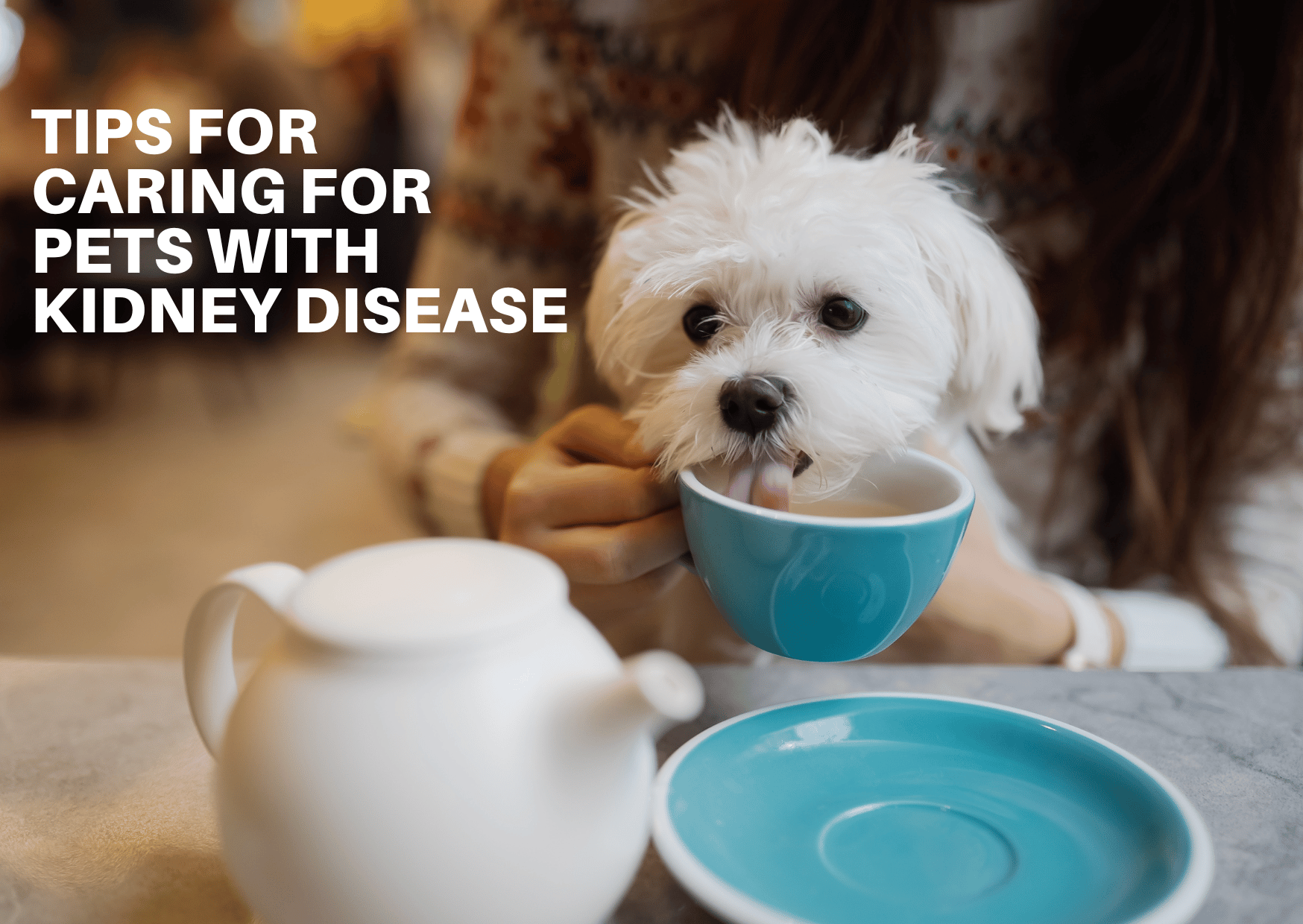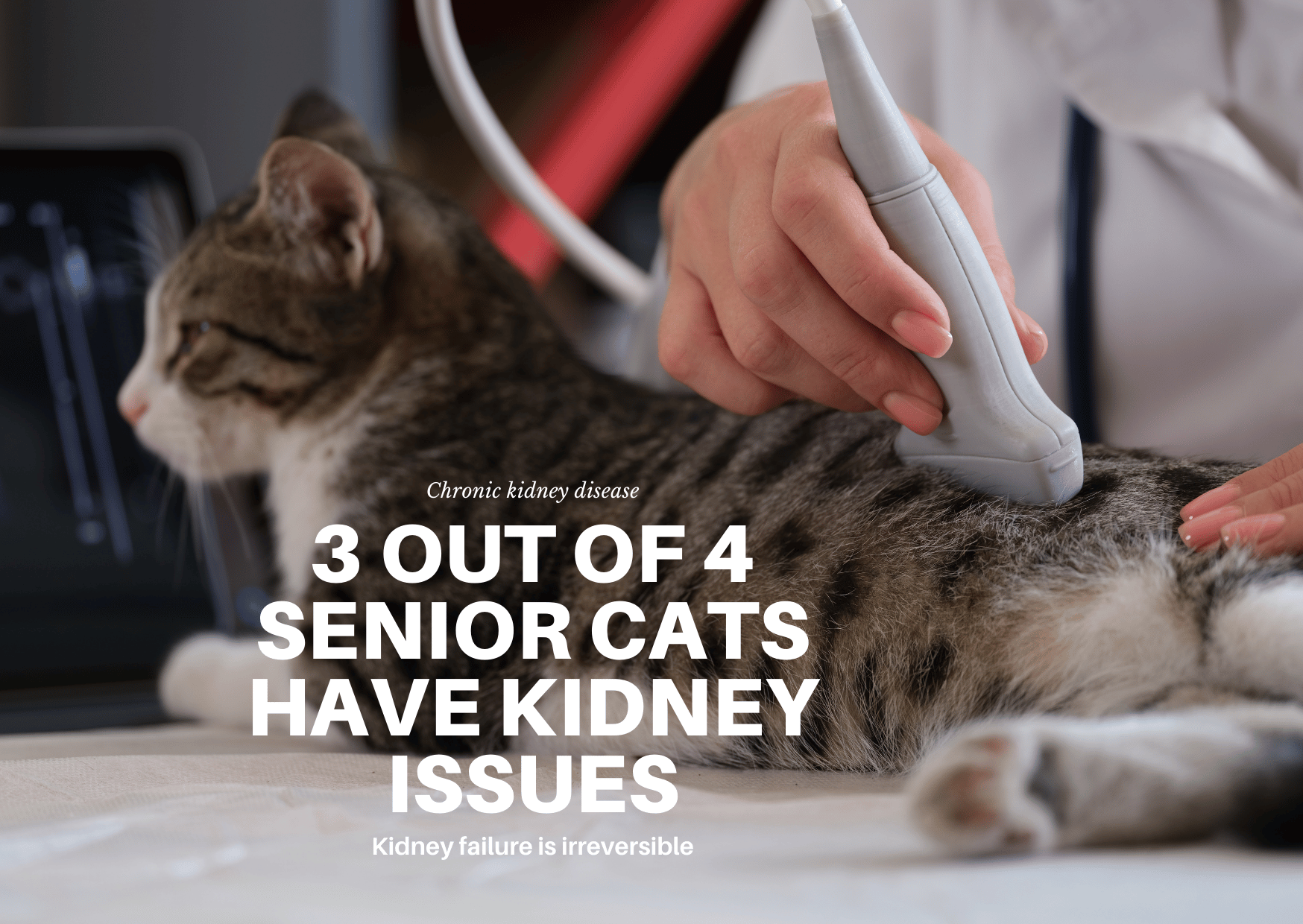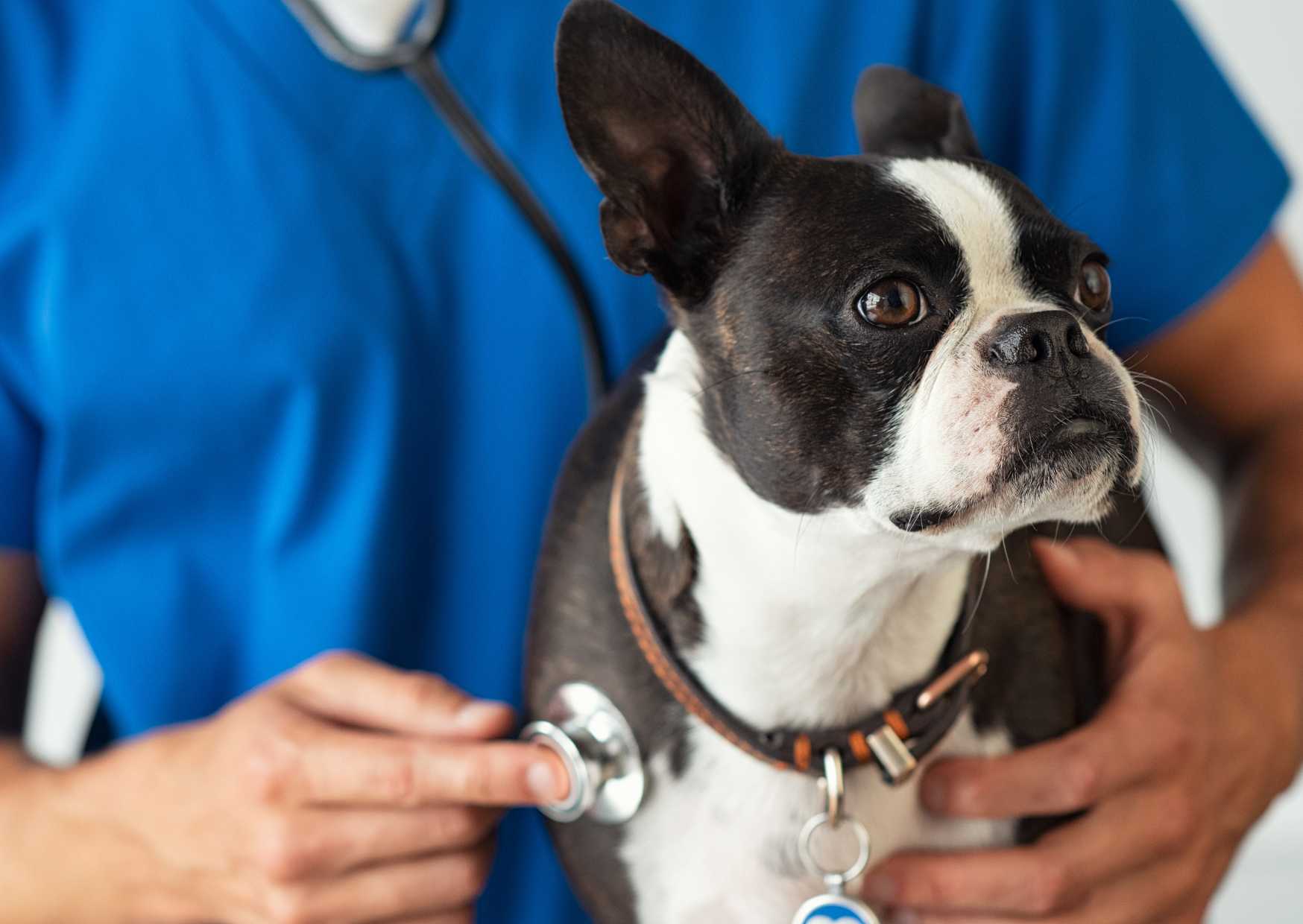Animals Health Care
Total
16
-
Kidneys — The Silent Organ
When the kidneys become diseased, symptoms don’t always appear, and often no signs are felt at all. This causes many pet parents to only discover their beloved companions have developed chronic kidney disease (CKD) once the illness has already reached the late stages. -
The kidney is a silent organ. When it develops disease, symptoms may not necessarily appear, and often there are no obvious signs. This is why many pet parents only discover that their beloved companions have chronic kidney disease (CKD) when the illness has already progressed to later stages.
-
With advancements in modern medicine, tumors are no longer an absolute death sentence. However, the treatment process can have a significant impact on a pet’s physical and mental well-being. In such cases, palliative care may be an option. But when is the right time to consider it? How can it help pets in their final stages?
-
Dogs and cats with cancer often become weak—so how can they muster the strength to fight the disease?Beyond medical treatment, nutritional support plays a crucial role, and food therapy is often more appetizing than medication. How should they eat?
-
Most people know that weak immunity increases the likelihood of getting sick, but did you know that an overly strong immune system can actually attack healthy cells, mistaking them for invaders? This can lead to autoimmune diseases such as lupus or autoimmune hemolytic anemia.
-
Acupuncture for pets is a fascinating topic. Many pet owners are turning to this alternative treatment, especially for pets with conditions like bone spurs. To provide better insight, here are some common questions about pet acupuncture that can help owners understand it more.
-
When hearing "arthritis," many people think of old age and degeneration. However, arthritis is not exclusive to elderly pets. Breed genetics, overweight, incorrect posture, and excessive use of joints causing wear and tear can all lead to joint damage and diseases in pets.
-
Under environmental and climate changes, many pets have skin problems. Besides external factors, changes in immunity are also significant causes. For example, "Atopic Dermatitis" is related to immunity! When the condition reoccurs, don't forget to follow professional medical advice. Let's see what the professional veterinarians say→
-
Pet parents often have many questions for veterinarians when caring for pets with kidney disease. Every time they see their pets' physical reactions to kidney disease or their struggle during subcutaneous fluid injections, their hearts are filled with sorrow and pain.This time, let us interviewing with Dr. Sheng-Hua Chung (Dean of Duma Animal Hospital) to help answer all your questions!
-
Chronic kidney disease, as the name suggests, is a quiet and slowly progressing kidney disease. Therefore, there are almost no symptoms in the early stages, making it difficult to detect. Although the saying "prevention is better than cure" is widely known, how many actually practice it?Many pet parents know that chronic kidney disease is one of the leading causes of death in cats and dogs, but the scary part is that most of them still do not realize how serious it is and how likely it is to occur in our pets.
-
In daily life, it’s easy to observe your dog’s kidney and urinary tract health by monitoring the frequency and condition of their urination. Early detection and diagnosis of abnormalities can significantly reduce the risk of serious illness.
-
It's not just the winter months when pets are prone to heart disease; summer can be just as risky! Many symptoms of heart disease and heatstroke are similar, making it challenging for pet parents to differentiate and causing potential neglect. What are the connections between heatstroke and heart disease? How can we tell them apart?













